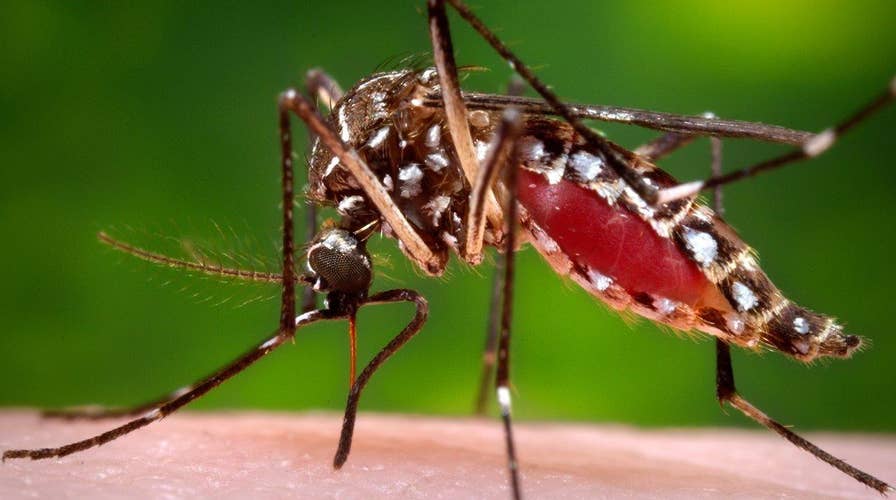Travel-related cases of a mosquito-borne illness running rampant in Latin America have reached Florida and Illinois, officials in those states said Tuesday. Cases of Zika virus— which health officials in Brazil believe is causing babies to be born with abnormally small heads— have also been reported in Hawaii and Texas. All of the U.S. cases thus far have involved people who traveled to Latin America.
In Illinois, two pregnant women who traveled to the affected area have contracted the virus, and doctors are reportedly monitoring their health and pregnancies.
“There is virtually no risk to Illinois residents since you cannot contract Zika virus from another person, but only through the bite of an infected mosquito,” Illinois Department of Public Health director Nirav D. Shah, M.D., J.D., said in a news release. “But since this is a time of year when people travel to warmer climates and countries where Zika virus is found, we are urging residents, especially pregnant women, to take preventive measures when traveling in affected countries and check health travel advisories.”
The Florida Department of Health has confirmed three Zika cases. Two of those people live in Miami-Dade County and traveled to Colombia in December, and the third infected person lives in Hillsborough County and traveled to Venezuela in December, according to the Washington Post. None of the residents are pregnant women.
An individual can contract Zika when an infected mosquito bites them. There’s no vaccine nor antiviral treatment for the virus.
Most infected people don't develop symptoms, but those who do may have a fever, a rash, joint pain and red eyes — which usually last no more than a week, according to the Centers for Disease Control and Prevention (CDC).
On Tuesday, the CDC issued new guidelines for doctors whose pregnant patients may have traveled to regions with a tropical illness linked to birth defects. The center advised doctors to ask pregnant women about their travel and certain symptoms, and— if warranted— test them for an infection.
The CDC said there is mounting evidence that Zika virus infection is linked to microcephaly, a birth defect that causes babies’ heads to develop abnormally. Since October, more than 3,500 babies with the condition have been reported in Brazil.
The Associated Press contributed to this report.





















